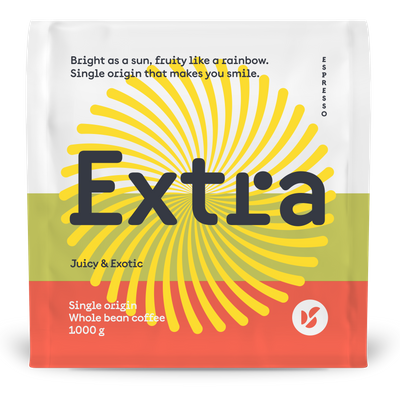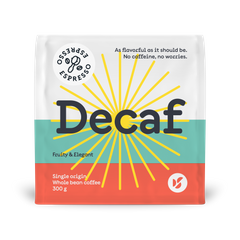Flavour
Floral aroma. Notes of rum pralines, citrus, honey and cacao nibs.
Origin
Finca Emporium, Boquete region, Panama. Coffee from the first ever organic-certified farm in Central America, owned by Graciano Cruz. Doubleshot was founded at this farm in 2009.
Get to know Graciano
Get to know Graciano
Processing & Variety
Catuaí variety, anaerobic natural / sun-dried processing method.
Brewing Tips
Coffee dose: 18-19 g, temperature: 94 °C, beverage weight: 45-50 g and extraction time: 28-35 seconds.
We recommend letting the coffee rest, use bottled water and precision baskets.
We recommend letting the coffee rest, use bottled water and precision baskets.






